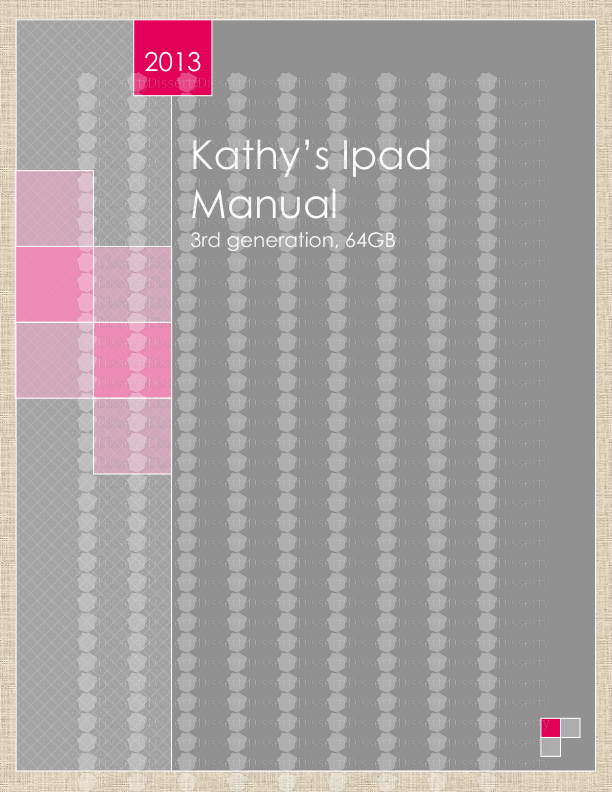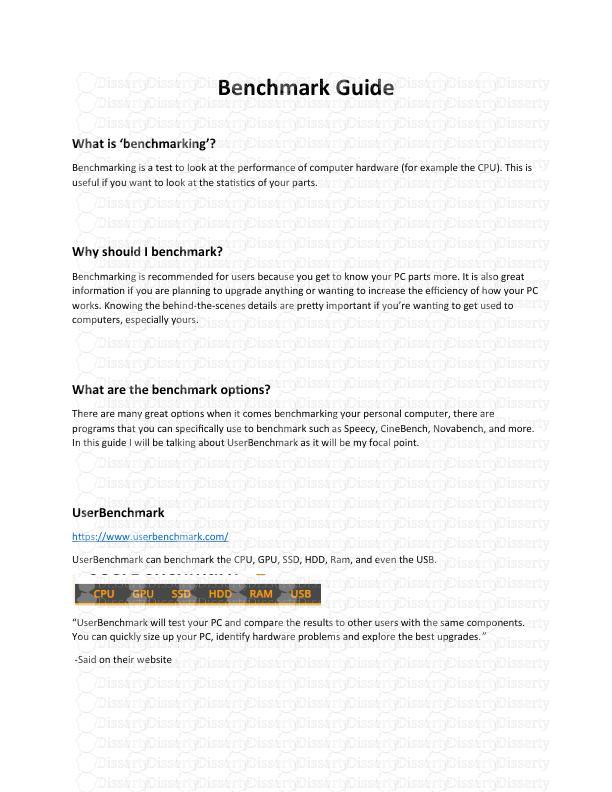Intro to Model United Nations (MUN) MUN Guide – 2017 Contents Preface Intro
Intro to Model United Nations (MUN) MUN Guide – 2017 Contents Preface Introduction Basic Vocabulary Etiquette Points of Action Process of a Conference Roll Call Voting Procedure Caucusing Right of Reply Document Writing Resolutions People Power Research Binder Awards Other Terminology Committees Speeches Resolution Writing Report Writing Further Resources Preface What exactly is Model United Nations? In order to get a better understanding, let’s first take a look at what the United Nations is. Created in 1945, the United Nations (UN) was created as a meeting place for representatives of all countries following World War II. Instead of fighting in battlefields, diplomats waged wars of words, seeking to resolve disputes peacefully. Today, the United Nations encompasses 193 different Member States, covering almost all of the land in the world. As attendees of Model United Nations (MUN) conferences, you will research a Member State, and participate in a real-world committee playing the role as a representative of your assigned Member State. Intensive research will be required, but you’ll come to understand your role as the representative of a perspective different than that of America’s. At the conference, you’ll need to deliver speeches, work with other delegates, and compromise for a diplomatic solution that satisfies as many parties, including yours. These ideas will be written down in Resolutions or Reports, voted on at the end of the conference. Sounds confusing? Everything will be explained in detail throughout this manual. Why should I join MUN? Whether you’re majoring in International Relations, Political Science, Marketing, Business, Communications, English, or something else, MUN conferences provide a great deal of experience in research, public speaking, teamwork, compromise, and initiative. At the same time, you’ll be addressing some of the most pressing issues affecting our world today. To help you understand and make your MUN experience enjoyable, I hope this guide will help answer your questions. It is written to be as clear and concise as possible, while thoroughly covering the necessities. Some of the content will be aimed at the very beginners of MUN, while other parts may assist those seeking to improve their diplomacy skills. Much of the content varies in applicability by conference. Always check carefully with your conference’s official guide. Introduction Model United Nations (MUN) conferences take place annually, mostly at the High School and College levels. In Miami-Dade County, there are several conferences throughout the school year. The most popular conferences are Miami Dade County Public Schools’ Foundations for Leadership Conference, FIU’s FIMUN and the University of Miami’s MICSUN. Additionally, there are more conferences hosted by local High Schools within the District (like Palmetto Sr. High’s PantherMUN). However, not all of these conferences occur every year. Nationally, most conferences are located in almost all 50 states, though conferences are found throughout the world. Each school sends a delegation; or team, that represents one or more countries. Each student or delegate will be placed in a committee that is part of the UN during the conference. Some larger conferences will allow delegates to represent their Member State in pairs within their committee. Research is vital in attending a conference; your statements are directed from the views of the nation you are representing, not your own opinions! As a first-timer, the idea of working with so many strangers may sound scary, but everyone there is like you; motivated, hyped, and enjoying international diplomacy. Nobody likes anything boring either, and after a few hours, you’ll learn how to add some fun. There are three types of people that attend these conferences; the newcomers (who are silent for the first hour or two, then open up and learn how simple MUN really is), the silent outcasts (who make little attempt to join in on conversations, and sit alone all day), and the extremists/rouge members (people who want awards, speak loudly, try to dominate conversations, or are way too into this stuff. There are; academic extremists (who want to be the best at everything and get awards) and the social extremists (who just try to create arguments and debate with everyone). As an experienced delegate, you’ll learn how to work with these people not just at conferences, but in the classroom and workplace as well. In any case, generally half the participants are typically newcomers. If you’re nervous, make friends with someone sitting next to you, and if you don’t know what to do, walk around with them during unmoderated caucuses. If they (or you) join in on a group conversation, the other person can tag along too. Don’t be afraid to say it’s your first time- chances are, that’s what the person you’re talking to will say too. Each and every nation has an equal say. Just cause someone is the United States doesn’t mean they’re special- such nations are usually reserved for experienced schools, but St. Vincent and the Grenadines or Nauru or Lesotho all can shout in opposition to whatever the US, Russia, or China says. Basic Vocabulary Committee A body of the United Nations, which addresses a specific topic. Examples include the WHO (World Health Organization), IAEA (International Atomic Energy Agency), and HRC (Human Rights Council). More examples can be found towards the end of this guide. Any committee may be referred to as a ‘body’, ‘organ’, or ‘assembly’. Dais The moderator or Chair. It can be one, two or more people, but in any case, all questions are directed at the Dais whenever all delegates are seated. If you go off topic, the Dais may say something like, “The Dais smiles upon… (…you getting back to work!)” Their job is pretty simple; direct debates, keep track of time, ensure everyone is following the rules, but most of all, review draft resolutions and reports; the goal of the conference. Typically, they are fellow college students who are seasoned MUNers. Feel free to approach them when you need to. ‘Decorum’ Diplomatic etiquette; being professional. Similar to ‘Order in the Court!’, the Dais may shout ‘Decorum’ to quiet down the committee. The Dais are given gavels- those little hammers judges use, and can hit their desk to bring order… hopefully. If you really insist on making noise, they can throw you out of the room—though let’s hope that doesn’t happen. Caucus Simply, diplomatic talks. There are two types; unmoderated and moderated caucuses. Unmoderated caucuses are like lobbying; you can walk around and talk to whoever you like- or if you’re antisocial/bored, sit in peace and quiet all alone. So… its highly advised you join the party. Moderated caucuses are similar to round-table debates; you raise your placard, the Dais calls on you, you get to say something. Everyone remains seated. Collegiate conferences often exclude moderated caucuses. We’ll touch up more on this later. Etiquette Most conferences require all delegates to show respect during formal session (e.g. when a speech is being delivered, or when the dais is speaking). This includes no cell phone or laptop use, no conversations, and no walking around. During informal session (unmoderated caucus), you are free to use laptops, cell phones, walk around, and leave the room. When seated, all questions are directed towards the Dais. Simply raise your placard (country’s name card) to be called on by the Dais. Don’t randomly speak without being called or you’ll promptly be given a stare down by all the countries. You shouldn’t turn around and speak to another country whenever delegates are seated either. You ARE allowed to pass notes; simply write the names of the receiving and sending countries and any delegate that receive the message are required to pass it on. You are not allowed to peek, and in many conferences, messages must be sent by pages (messengers) or in envelopes to prevent espionage. Pages, or messengers, may be provided or volunteers may be called upon from the committee to deliver messages. Many schools in collegiate conferences will also have notepads and business cards prepared by your school, to write diplomatic messages on. Attire seems to be highly important for females. For men, a business suit, or other formal jacket is all you need. A polo with a jacket on top is good, and as always, ties are the norm. For women, it often takes a few days to decide. A professional skirt, slacks, and a coat will do. Colors should be kept to black, brown, beige, or tan. However, there are students (especially girls) who push this dress code, and will appear in bombastic colors. Also, keep skirts at a reasonable length, and don’t forget to wear tights if the legs are showing. While your dais typically won’t bring it up unless it’s an issue, please fit in with everyone and appear professional. Unnecessary accessories, including hats and sunglasses, and especially any cultural or national accessories (flags, pins, etc.) are strictly banned. Do not wear a turban or headscarf unless you normally include it in your everyday attire; you uploads/Geographie/ mun-guide 1 .pdf
Documents similaires










-
125
-
0
-
0
Licence et utilisation
Gratuit pour un usage personnel Attribution requise- Détails
- Publié le Mai 05, 2022
- Catégorie Geography / Geogra...
- Langue French
- Taille du fichier 0.5602MB


